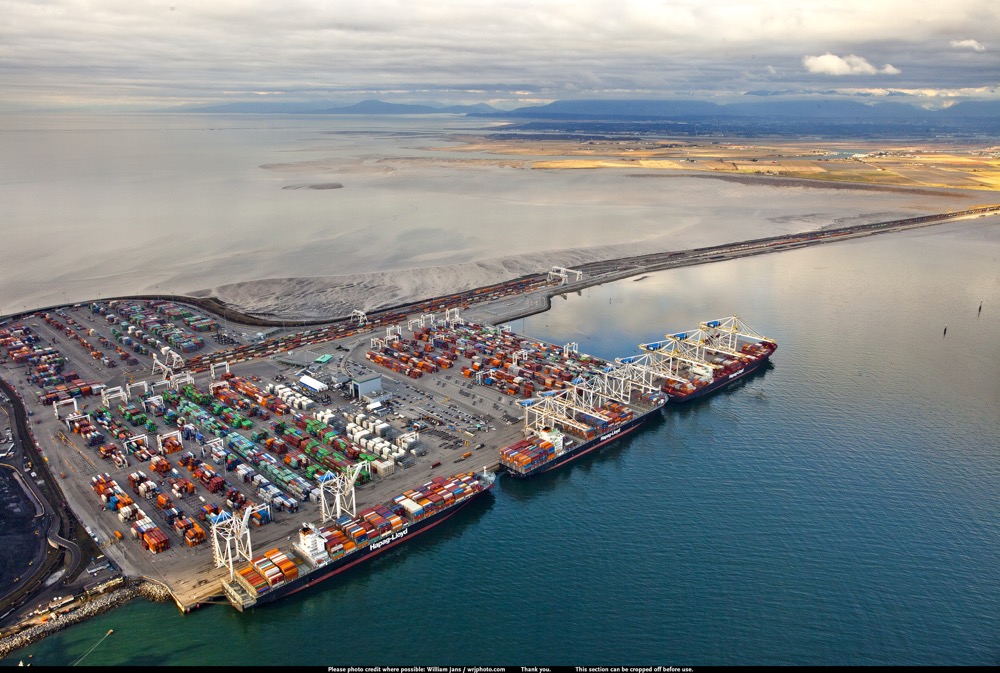DNV business director for tankers Catrine Vestereng has spent over three decades shaping the tanker sector, pioneering new industry standards and sustainable solutions
Catrine Vestereng’s career in maritime spans more than 30 years, all of it at DNV.
A leading voice in the industry, she has worked across multiple roles, from fleet surveying to newbuild supervision in South Korea and China, before focusing on tankers.
Her current role as business director for tankers gives her oversight of one of the most complex shipping segments, requiring a balance of technical expertise and strategic foresight.
Reflecting on her start in the industry, Ms Vestereng describes an environment that both challenged and fascinated her.
“In the 27 years I have worked for DNV, I have changed my role every two or three years,” she notes. “The job titles are not that important – it’s the opportunity to have an impact and develop myself.”
That dynamic environment, she explains, allowed her to gain a broad perspective, from technical class rules to the regulatory and commercial pressures tanker operators face.
Her path to leadership was deliberate. “My decision to become a leader was one I took a couple of decades ago,” she said. “I spoke to a senior manager and asked how I could reach his position – not because of the title, but due to his competence and respect in the company. He took the question seriously and explained the steps and courses I needed.” From that point, her career became a carefully structured progression, supported by DNV’s leadership training initiatives.
With a strong technical foundation, she has been at the forefront of addressing industry challenges, particularly in tanker sustainability. She has led joint industry projects evaluating the best fuel options for different tanker types, supporting owners in an era of tightening regulations and changing market demands. “We have set up joint industry projects to look at the fuel options for specific tanker sectors. These are the questions customers wish to have answers to,” she says.
One of the biggest challenges for the industry, she believes, is ensuring regulatory changes are implemented in a practical, effective manner. “The maritime industry is on the path to decarbonisation, but the transition requires collaboration between shipowners, charterers, regulators and class societies,” she observes. The growing focus on emissions reduction, particularly for sectors such as shuttle tankers, has placed increasing importance on innovation in propulsion systems, hull efficiency and cargo operations.
Asked about advice for those considering a career in maritime, she encourages curiosity and determination. “This industry rewards those who are willing to learn and adapt. There are so many opportunities, both at sea and onshore, for those who want to make an impact,” she said. Her own career, shaped by a willingness to embrace new roles and responsibilities, exemplifies that philosophy.





